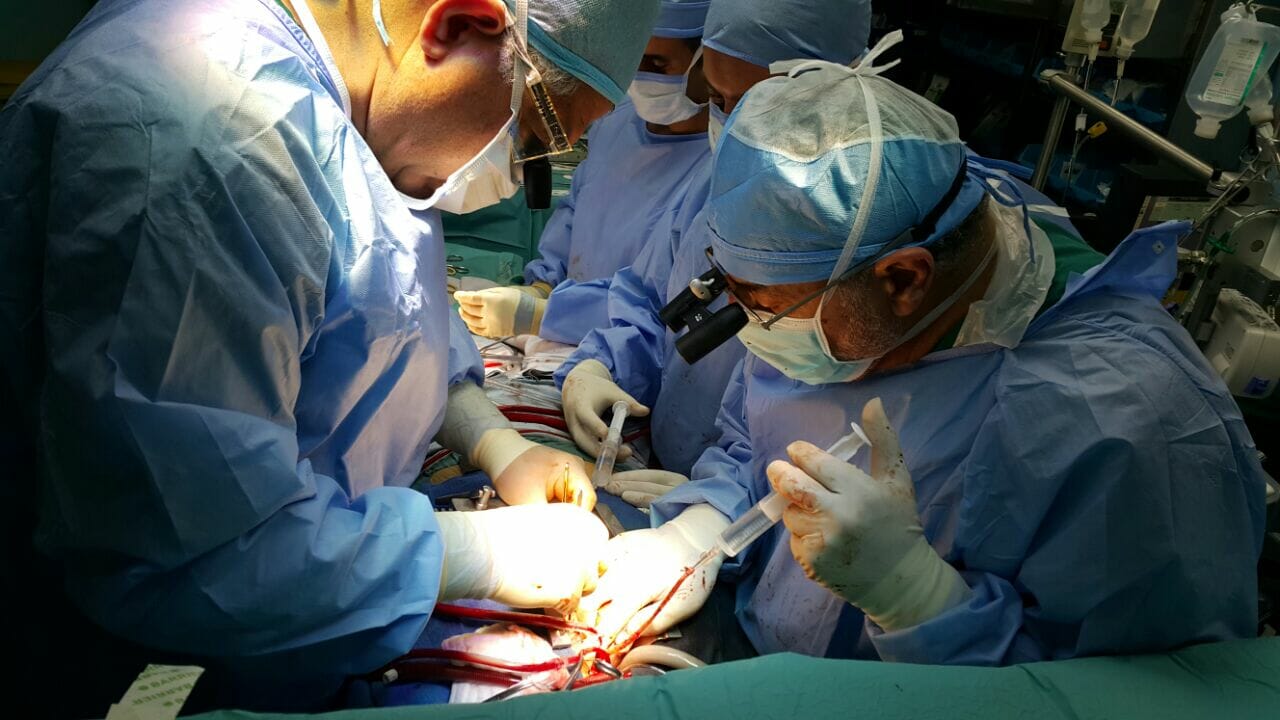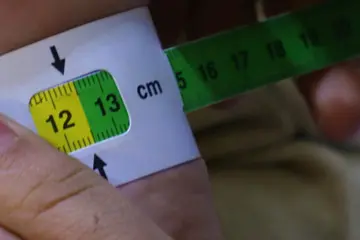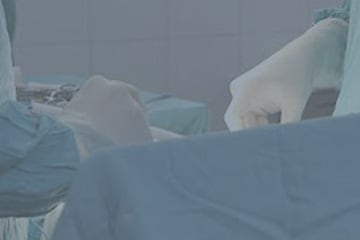June 17, 2021
One of the biggest challenges for refugees and underserved communities is getting access to vital, specialized care. This is especially true in countries like Lebanon, home to more than 1.7 million refugees struggling to make ends meet amid an economic collapse and the COVID-19 pandemic.
The story of Hadi, a Syrian refugee in Lebanon, is yet another example of how crucial it is to ensure access to life-saving treatment for the most vulnerable.
Born in Lebanon to a Syrian refugee family, Hadi was diagnosed with a leaky heart valve and heart murmurs as a newborn. At just two days old, he was admitted to the neonatal intensive care unit (NICU) at Al-Raee Hospital as his condition required immediate and specialized care.
Hadi’s situation was very much a surprise to his parents. In fact, parents of NICU patients often experience high levels of stress and anxiety, as they are immediately confronted with the new and unfamiliar challenges posed by the nature of a critical care environment, along with the trauma of having a child in intensive care.
Due to the high costs of the NICU, many displaced families in Lebanon have reported high levels of separation anxiety and financial duress — with this especially being true for those whose children require longer stays in the NICU. In Hadi’s case, his parents were unable to cover the hospital expenses. As a result, and as is often the case for vulnerable patients in Lebanon, they weren’t able to take their son home until they paid the hospital bill.
In Lebanon, SAMS operates a number of relief programs, including a program funded by the Lebanon Humanitarian Fund (LHF) that provides financial support to displaced and underserved populations in Lebanon who struggle to access hospitalization and specialized care due to the prohibitively high cost of treatment. Through this program, SAMS was able to cover Hadi’s hospitalization bill. A few days after Hadi was discharged and during a follow-up call, Hadi’s father, Ghazi, explained how his son’s case had deteriorated due to complications. In response, his physician had recommended immediate open-heart surgery.
Ghazi returned to SAMS because he was unable to afford this second round of care as Lebanon’s unprecedented economic crisis, compounded by the COVID-19 pandemic, had pushed refugee families like his to the breaking point.
“The hospital requested a significant amount of $6,000 to be paid before Hadi’s surgery, which I didn’t have.”
Hadi’s father explained that his income as a seasonal farmworker had been severely impacted by the economic crisis and the pandemic and that the money he was usually able to save for the off-season was used to cover their basic needs.
Ghazi told SAMS that he had sought support from many organizations to no avail and was unable to borrow money to cover his son’s surgery, as his community’s economic predicament had similarly deteriorated drastically this year. With a renewed partnership with LHF, SAMS helped pave the way for a new project to assist Syrian and Palestinian refugees, in addition to assisting underserved Lebanese patients through partial payments for medical expenses. Thanks to this project, yet again, SAMS was able to help provide life-saving care to save Hadi’s life.
We recently caught up with Ghazi who expressed his utmost gratitude.
“Without getting support from SAMS, we would have never been able to afford Hadi’s surgery and save his life. He is now 7 months old, in good health, and has had no further complications.”




